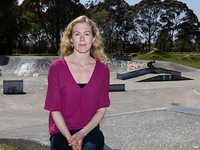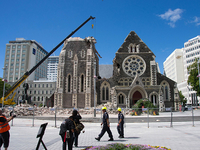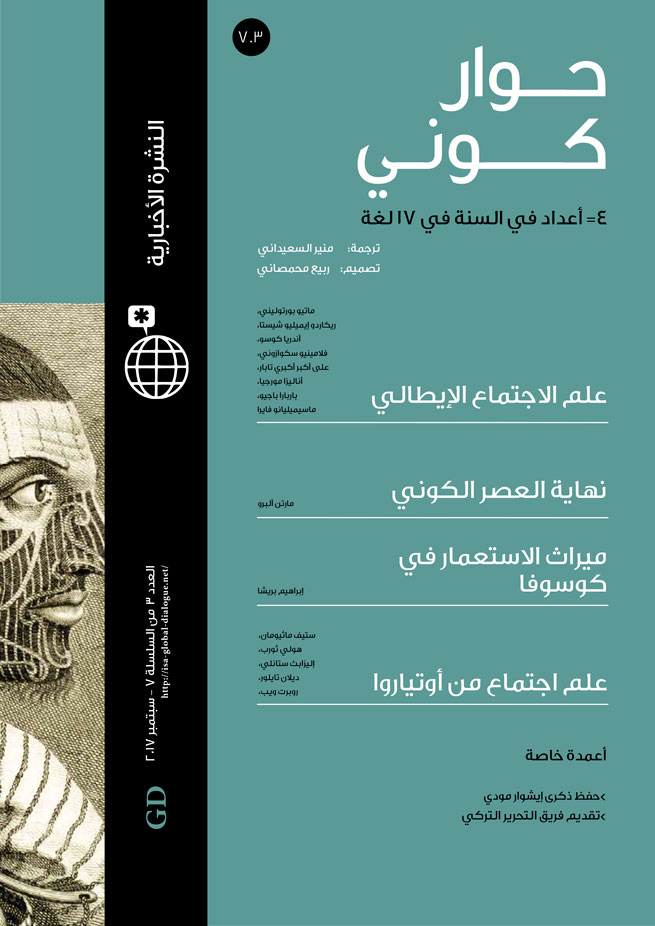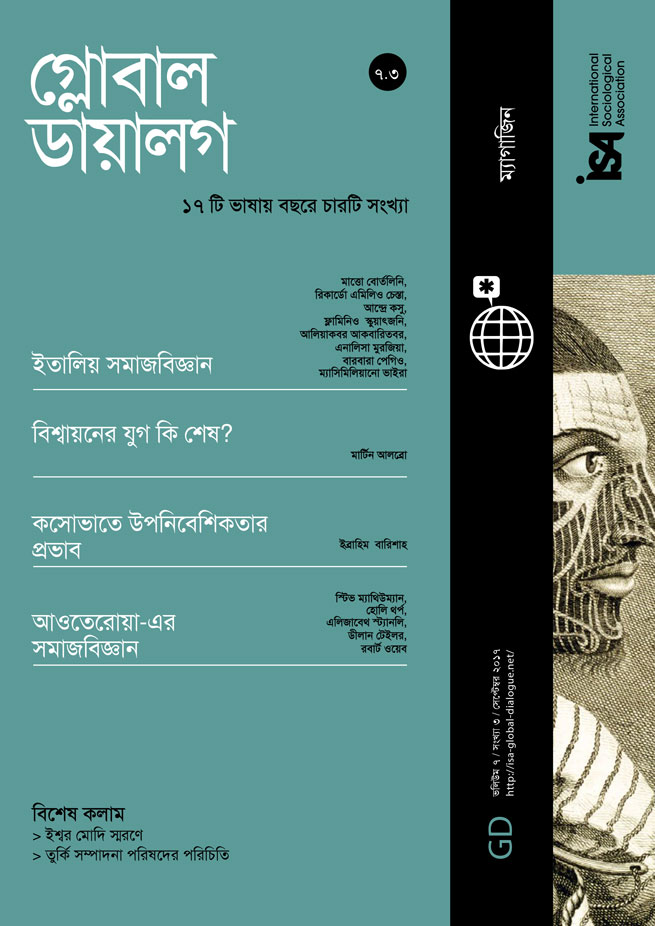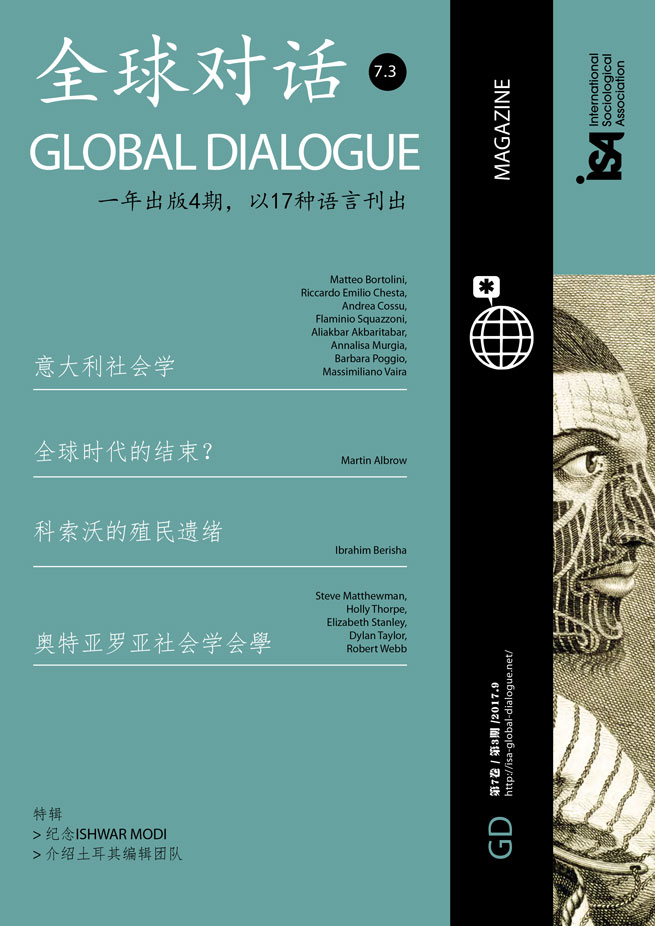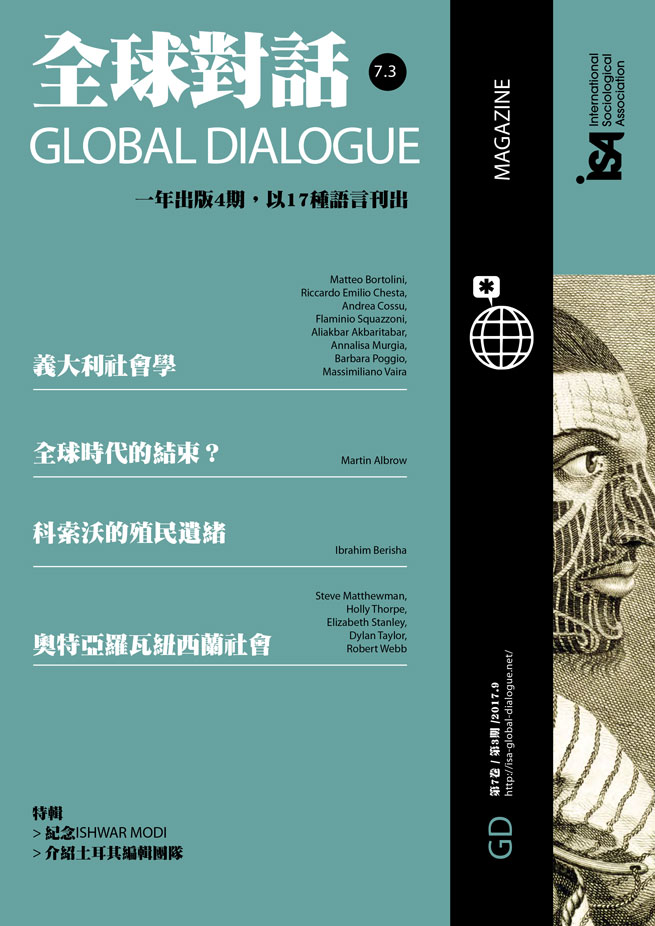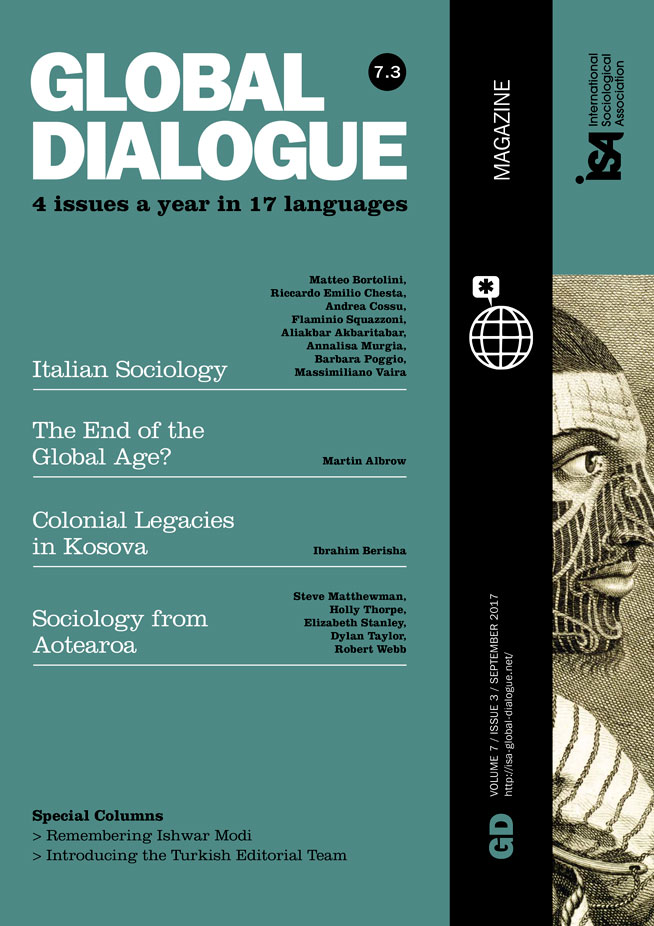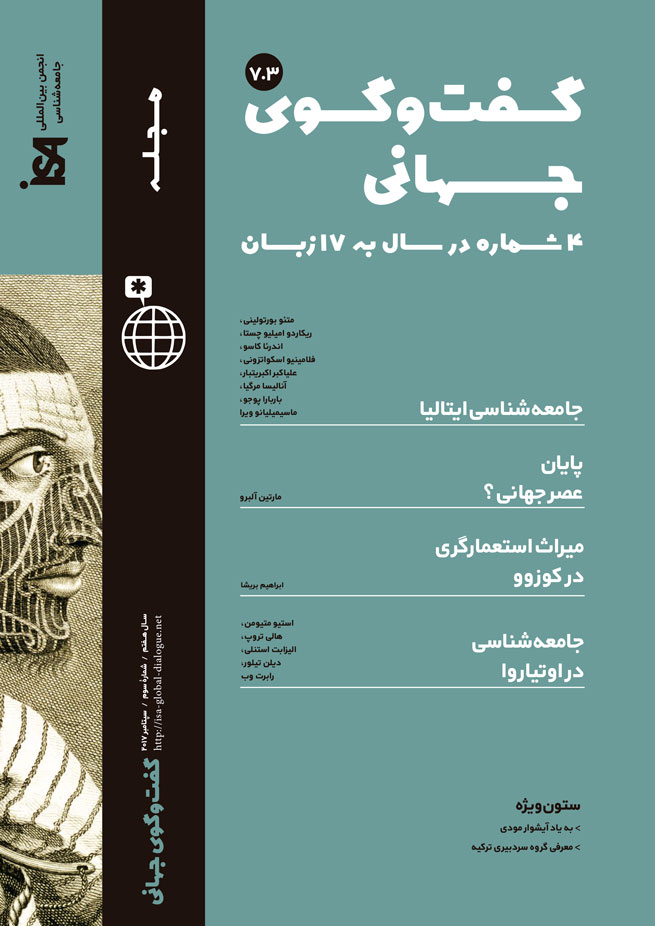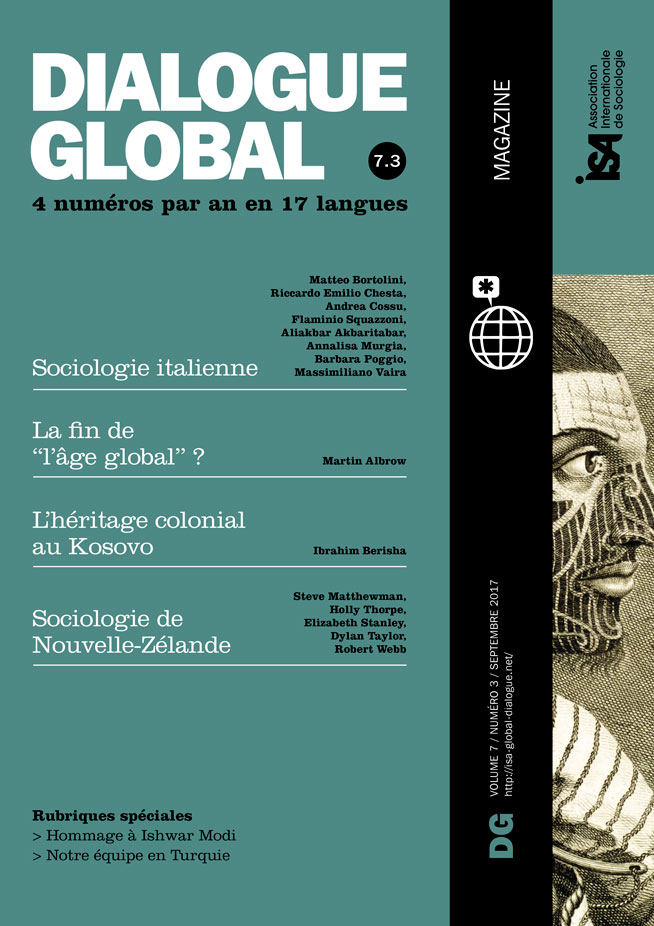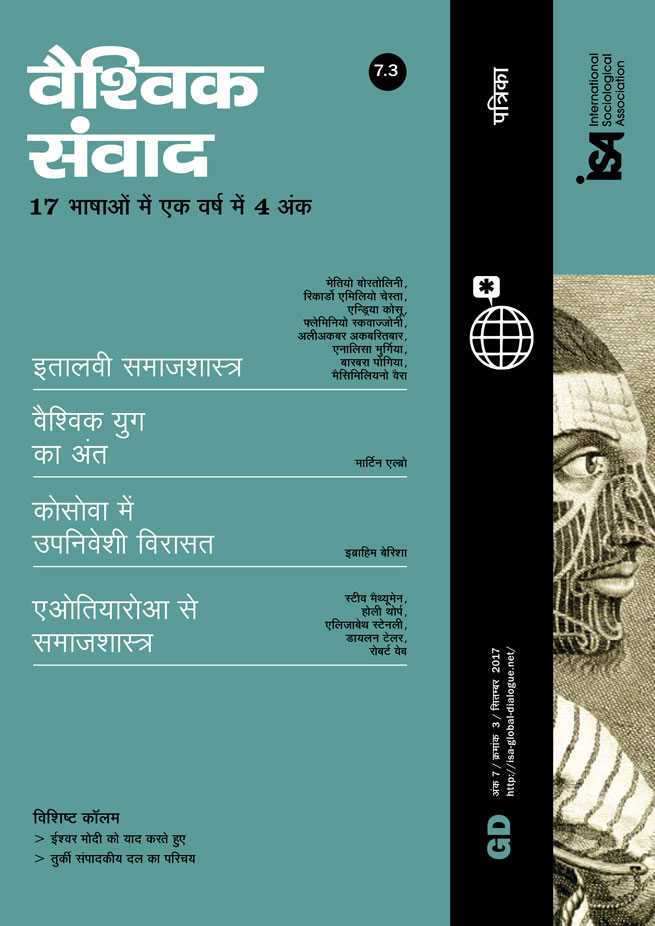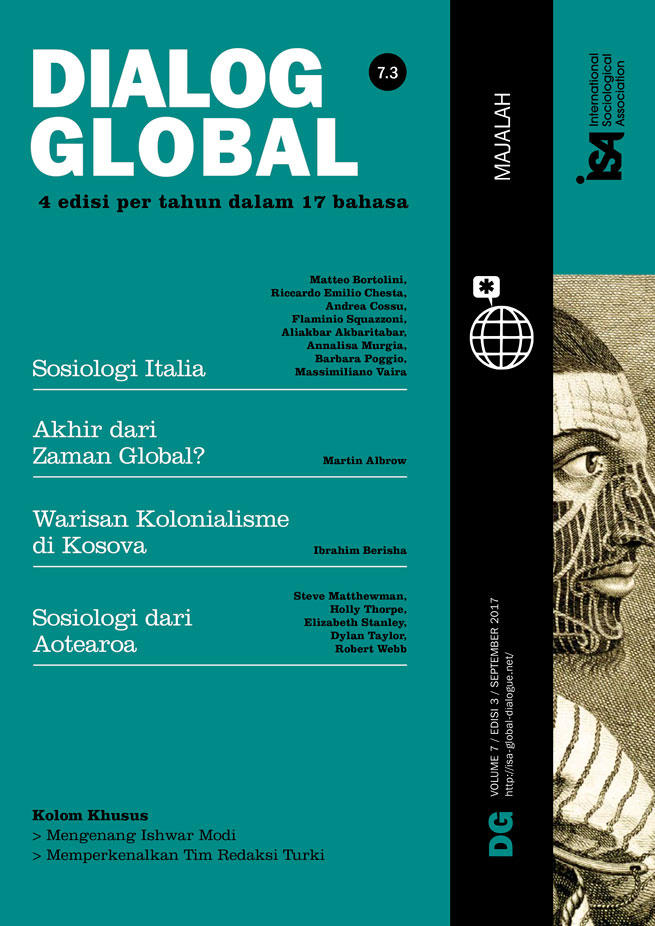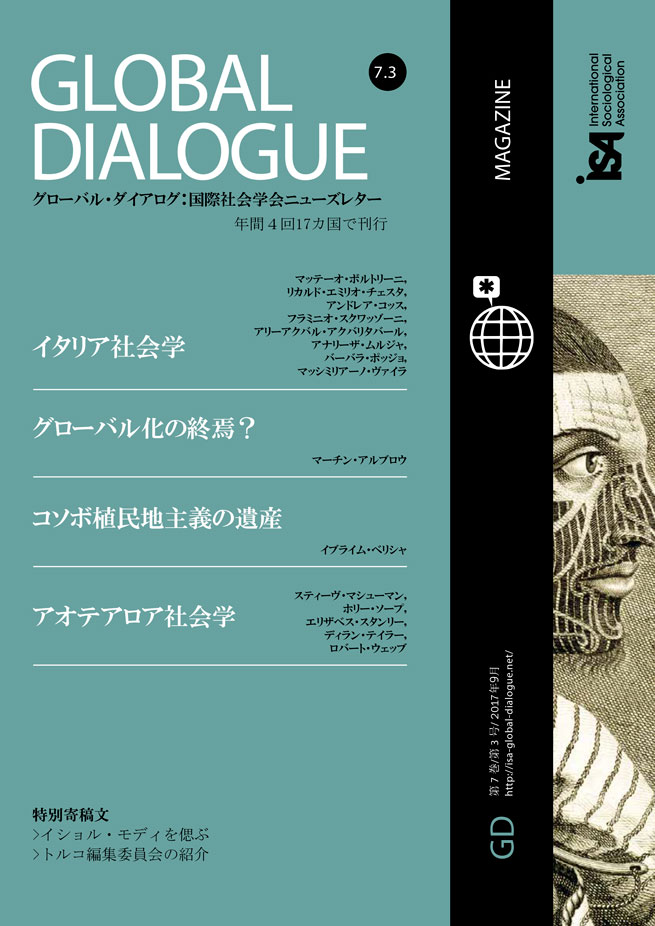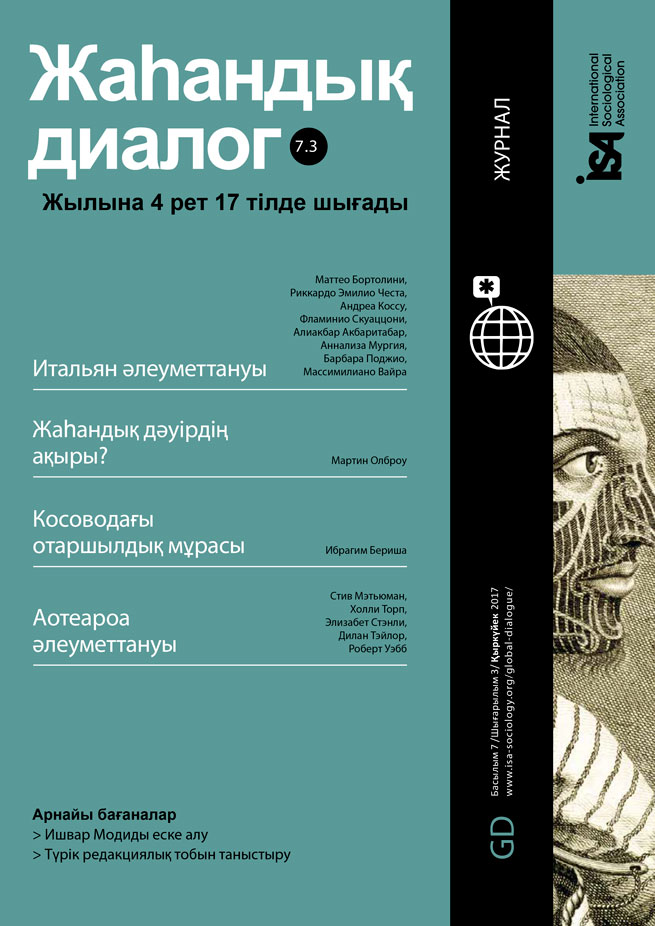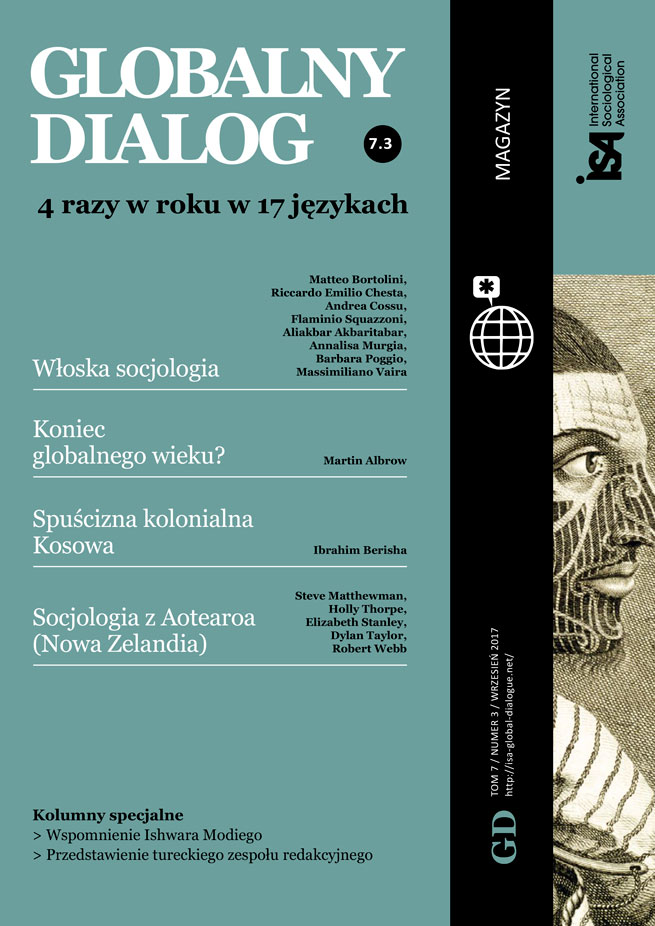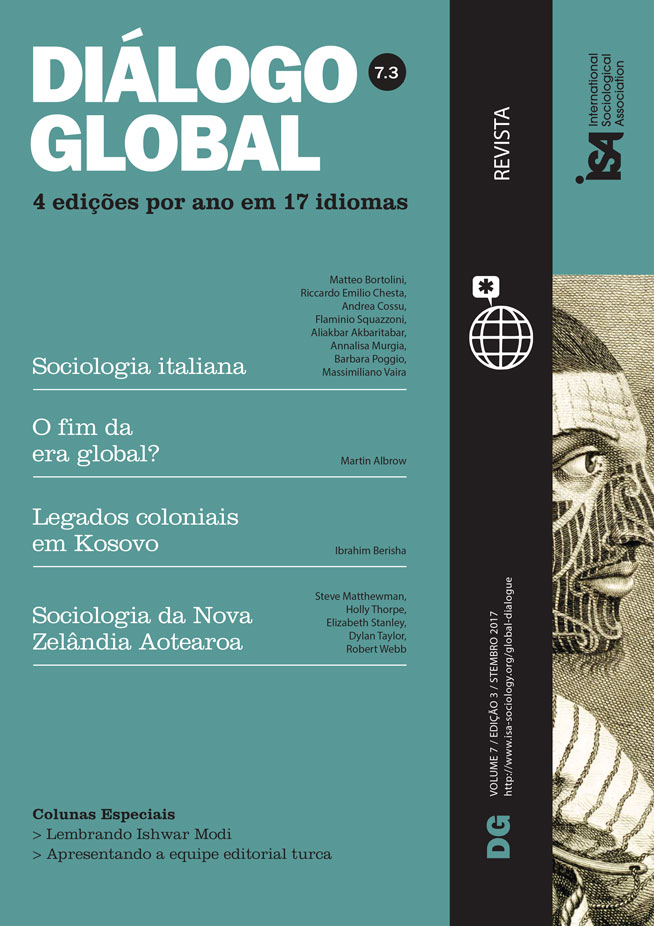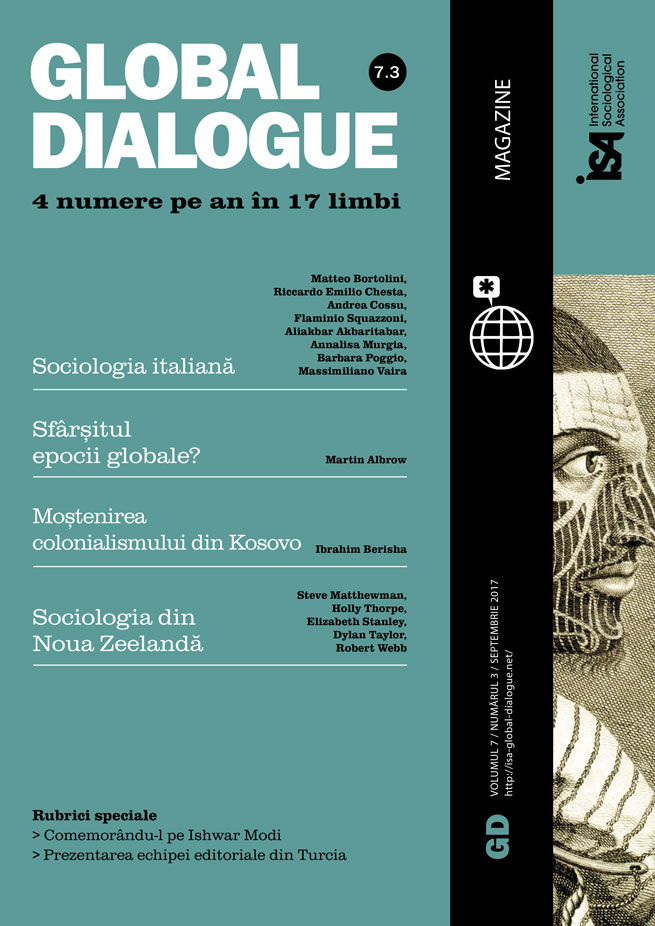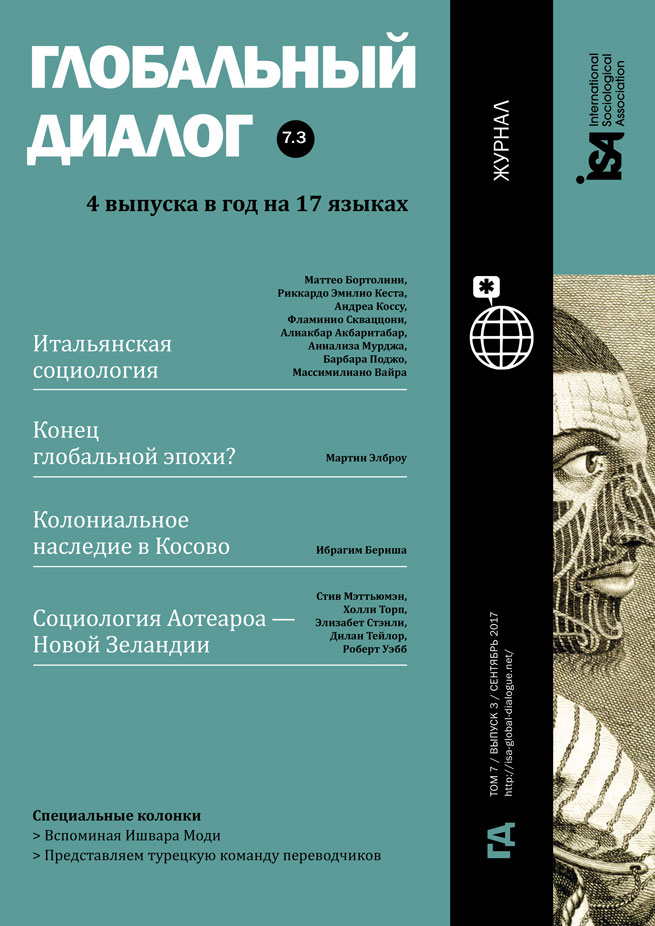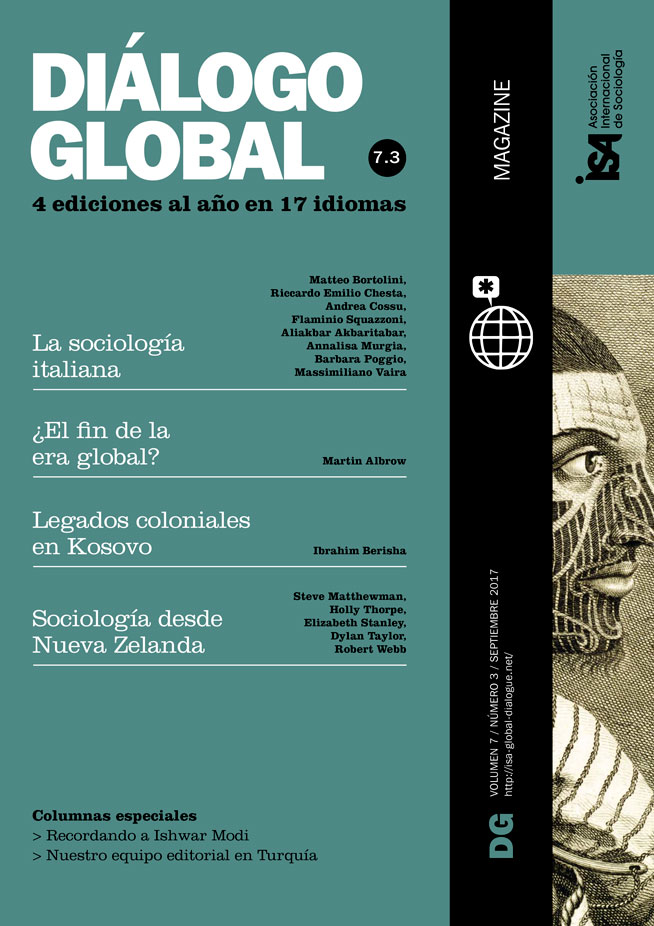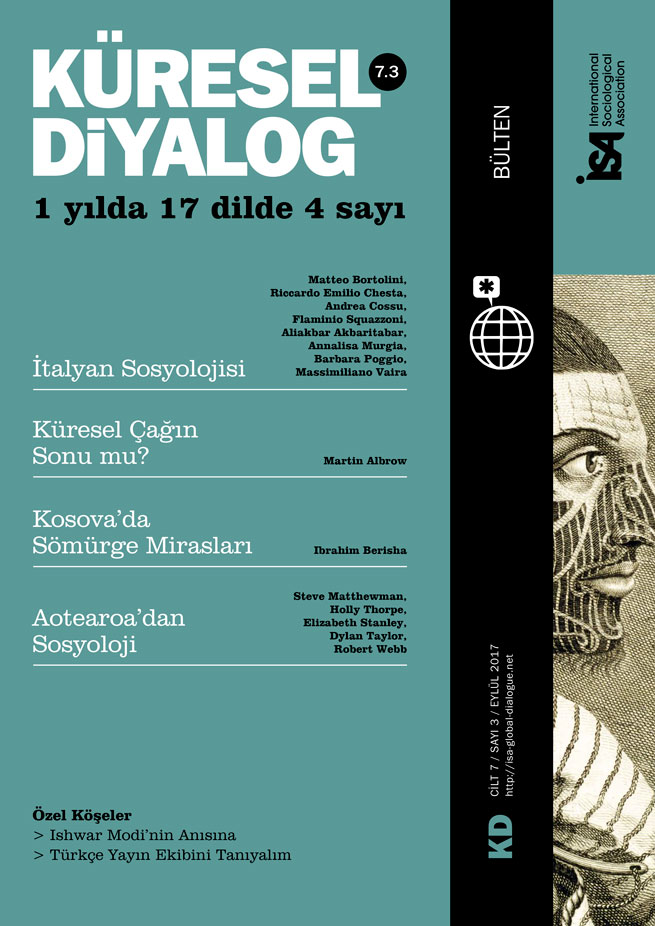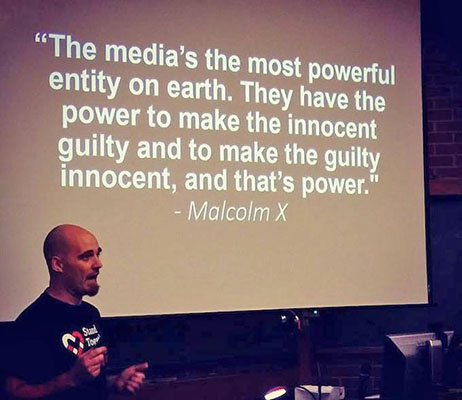Parliamentary politics in Aotearoa New Zealand is in a state of torpor. The country’s Fifth National Government, for whom another term looks likely, has continued the neoliberal project ushered in by the Fourth Labour Government in 1984, predictably pursuing tax cuts, creeping privatization, and employer-focused changes to employment law. The outcomes have been predictable: deepening levels of inequality, rising rates of homelessness, and increasingly precarious employment.
The Labour and Green parties, linked through a memorandum of understanding ahead of the 2017 elections, have publicly committed to “budget responsibility” should they win this year’s general election – a code for “business as usual,” though with small concessions to the worst-off. Like many other developed democracies, Aotearoa New Zealand has seen declining voter turnout and increasing cynicism towards politicians, a trend which the Labour-Green coalition seems unlikely to reverse.
Outside the parliamentary sphere, however, innovative projects seeking to challenge neoliberalism can be found. Along with colleagues in other social science disciplines, sociologists are playing important roles in reinvigorating a culture of critique and hope, and in creating counter-hegemonic institutions.
These promising developments include the foundation of a radical left-wing think tank, Economic and Social Research Aotearoa (ESRA); the launch of Counterfutures: Left thought & practice Aotearoa, a publication bringing together the voices of activists and academics; and the convening of the annual Social Movements, Resistance and Social Change (SMRSC) conference. All three initiatives embody a strong commitment to challenging the neoliberal status quo.
ESRA was publicly launched in 2016, stemming from Sue Bradford’s doctoral thesis exploring the feasibility of a left-wing think tank in Aotearoa New Zealand. A long-time activist for beneficiary and poor groups and a former Green MP, Bradford has drawn together academics and activists to seed “a culture of resistance, solidarity and hope, informed by and translating the issues and hopes of exploited, oppressed and marginalized people” (https://esra.nz/about/). Early initiatives include enquiries into the country’s housing crisis, a rethinking of economic planning, and a discussion of new forms of political organization.
ESRA’s kaupapa (the Māori word for “program” or “purpose”) is firmly committed to recognizing Māori sovereignty in Aotearoa New Zealand (something which was promised in the country’s founding document, the Treaty of Waitangi, but that has not been honored by any Government since then). The initiative seeks to explore strategies to “move in practical ways beyond capitalism and colonialism,” guided by a sensibility that is becoming ever more salient for the social sciences – that valid and insightful forms of knowledge “come from below,” and that such knowledges are essential for thinking through how alternative forms of social organization might take shape.
Similar sensibilities animate the new publication, Counterfutures. The journal aims “to intervene in and inaugurate debates about how to understand, imagine and influence our society, politics, culture and environment” (https://counterfutures.nz). It seeks to stage a dialogue between academic researchers and the knowledges produced by those grounded in community groups, unions, and activist organizations. In addition to peer-reviewed academic articles, the journal also publishes “interventions” on contemporary political and social issues, and interviews with activists and scholars. Counterfutures is widely available in independent book stores and in leading university libraries, and it releases its content free online within six months of publication – an approach which ensures the journal is not trapped behind paywalls. The diverse readership attracted to Counterfutures attests to an appetite for alternative thinking informed by robust research, and the exploration of novel possibilities for political organization.
Counterfutures’ first three issues include authors from diverse backgrounds: LGBTQI+ groups, sociology, Māori activism, psychology, prison abolitionists, philosophy, anti-poverty groups, historians, unionists, criminology, environmental organizations, and communication studies. The list spans the activist and academic divide, and is also strongly cross-disciplinary.
The same ethos is evident in the annual SMRSC conference. First organized in 2014 by the recently-arrived Turkish academic Ozan Nadir Alakavuklar, the conference has rapidly grown. Its third iteration attracted over 400 attendees, and was considered a landmark event for Aotearoa’s extra-parliamentary Left – the first time since the 1970s that such large numbers had come together from so many different backgrounds. Contributions to the conference covered Māori sovereignty, alternative approaches to the economy, Pasifika activism, the future of work, climate justice, health and disability justice, and contemporary unionism. Importantly, participants came from both activist and academic backgrounds (http://counterfutures.nz/2/editorial.pdf).
SMRSC participants and organizers have confronted the tensions emerging from diversity constructively, rather than downplaying or side-stepping them. In 2015, the SMRSC conference revealed tensions between activist and academic approaches to knowledge production and dissemination – a revelation that produced the 2016 conference theme, “The academic activist divide.” In turn, the 2016 conference highlighted ongoing tensions between Māori and Pākehā (Aotearoa New Zealanders of European descent) on the Left, prompting the conference’s 2017 theme, Ka whawhai tonu mātou, Beyond capitalism – beyond colonisation (https://esra.nz/socialmovements2017/).
There is cause for cautious optimism, despite a backdrop of deepening inequality and disengagement from parliamentary politics. First, the diversity of actors coming together signals a re-convergence on the extra-parliamentary Left. Like many developed countries, Aotearoa New Zealand has witnessed a fragmentation of the Left – one marked, also, by a split between the so-called materialist Left and identity politics. Despite lingering tensions, these new initiatives suggest that these are not, in fact, separate domains, and that effective social change builds on the recognition that the material and cultural are dialectically intertwined.
Second, these initiatives display a strong commitment to the notion that the knowledges produced by social movements and activism are legitimate and cutting-edge. For those in the academy, this commitment also involves ensuring that their work is of use to the groups with whom they collaborate and do research. The influence of indigenous scholar Linda Tuhiwai Smith is important in this respect, along with that of public sociology and the growing field of activist scholarship. In combining knowledges arising from concrete social struggles with that produced in the academy, a productive field of new knowledges takes form.
Finally, the collaboration of diverse actors, and the range of knowledges they produce, underpin a counter-hegemonic project: a project that dares to ask how we might organize society differently. This involves reinvigorating the idea of equality, seeking new forms of political and economic organization, decolonizing, and initiating more sustainable environmental practices. This project is in its early days, and is admittedly fragile, but the aftermath of the 2008 Global Financial Crisis shows that when alternatives are not on the table, we will be stuck with “business as usual.” These initiatives in Aotearoa New Zealand, in which activists and academics are coming together to collaborate in new and productive ways, bear the promise of alternative futures.
Dylan Taylor, Victoria University of Wellington, Aotearoa New Zealand <Dylan.Taylor@vuw.ac.nz>


